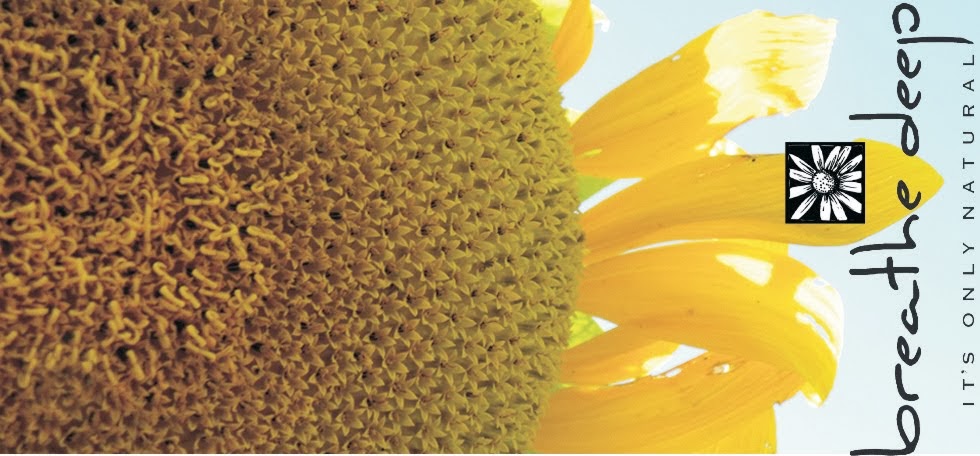Ginger
Most of us
think of ginger as a spice, found in gingerbread, ginger snaps and pumpkin
pie. You may also enjoy it as the
pickled, pink, palette cleanser served with sushi. In addition to its culinary uses, ginger also
has health, medical and emotional benefits.
Asian, Indian and Arabic traditions have used ginger as medicine for
thousands of years.
Ginger
essential oil is distilled from the rhizome, or root, of the plant Zingiber
officinale, which grows in moist, fertile, tropical soils. It has a wonderful, warm, spicy, earthy aroma,
which is especially nice in the fall and winter months.
Emotional benefits
Ginger is
warming, uplifting, stabilizing and balancing-Great for Vata! It’s also considered and aphrodisiac.
Health and Medical benefits
Ginger has a
wide variety of uses medically. Its
analgesic and antispasmodic properties mean that it can be used to relieve
menstrual cramps. Its antiemetic
properties make it effective for relieving the symptoms of motion
sickness. It has both analgesic and
anti-inflammatory qualities and is extremely useful in blends for chronic
arthritis and rheumatism. Ginger also
has expectorant properties and is effective in treating many respiratory
problems like, asthma, cold, cough and flu.
Ginger is
being tested for use in relieving nausea following chemotherapy and
surgery.
Preliminary
studies suggest that ginger may lower cholesterol and help blood from
clotting. Finally, further studies have
found that components in ginger may have anticancer potential.
Precautions
I find
ginger very stimulating and I don’t use or eat it late in the day. Also, ginger may irritate the skin, so as
with most essential oils, dilute ginger in carrier oil like sweet almond,
jojoba or sunflower. If you are taking
any medications, consult with you physician to determine if there could be any
possible interactions.
